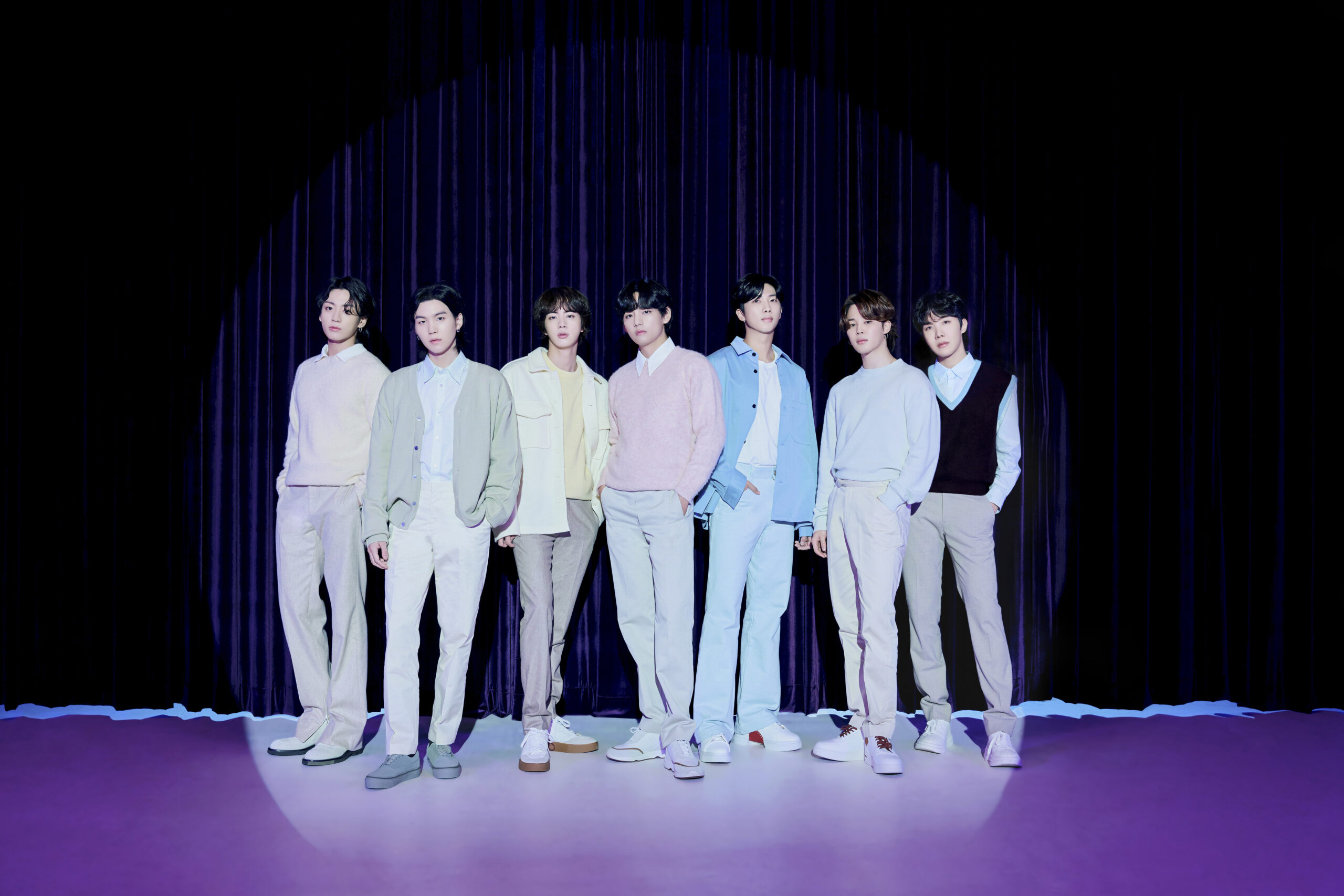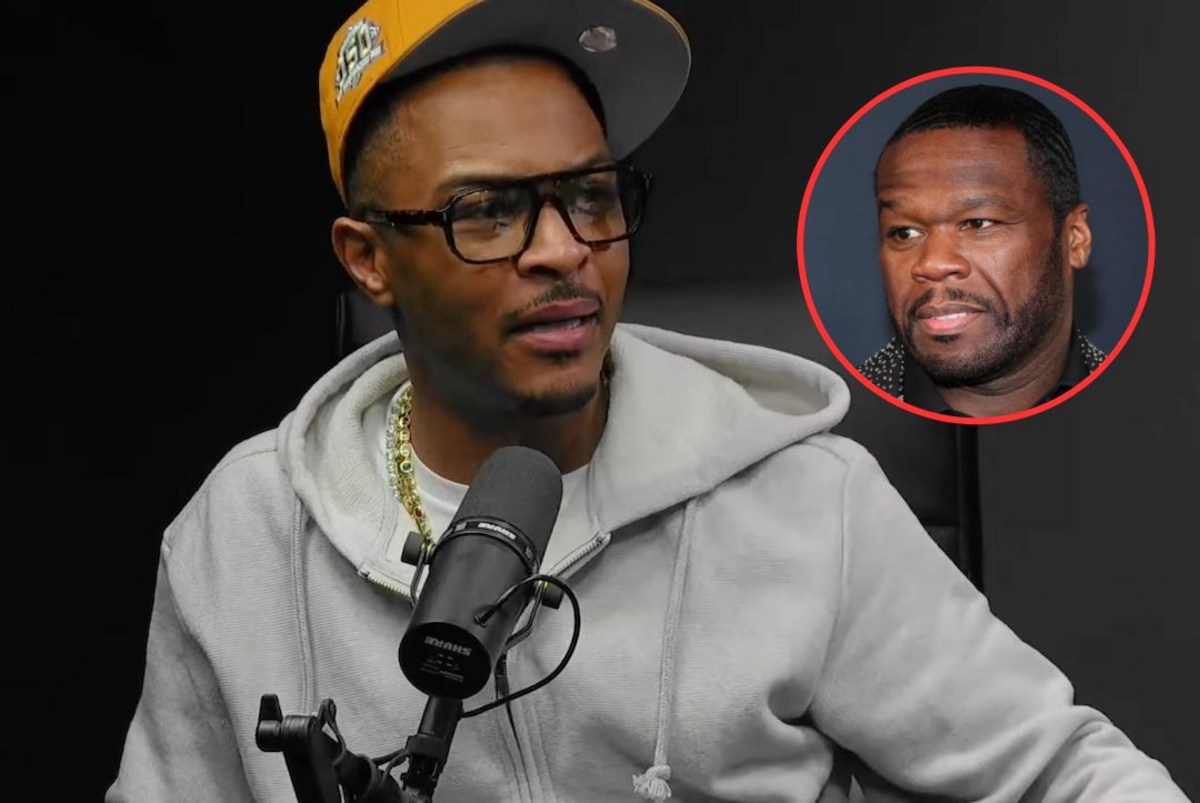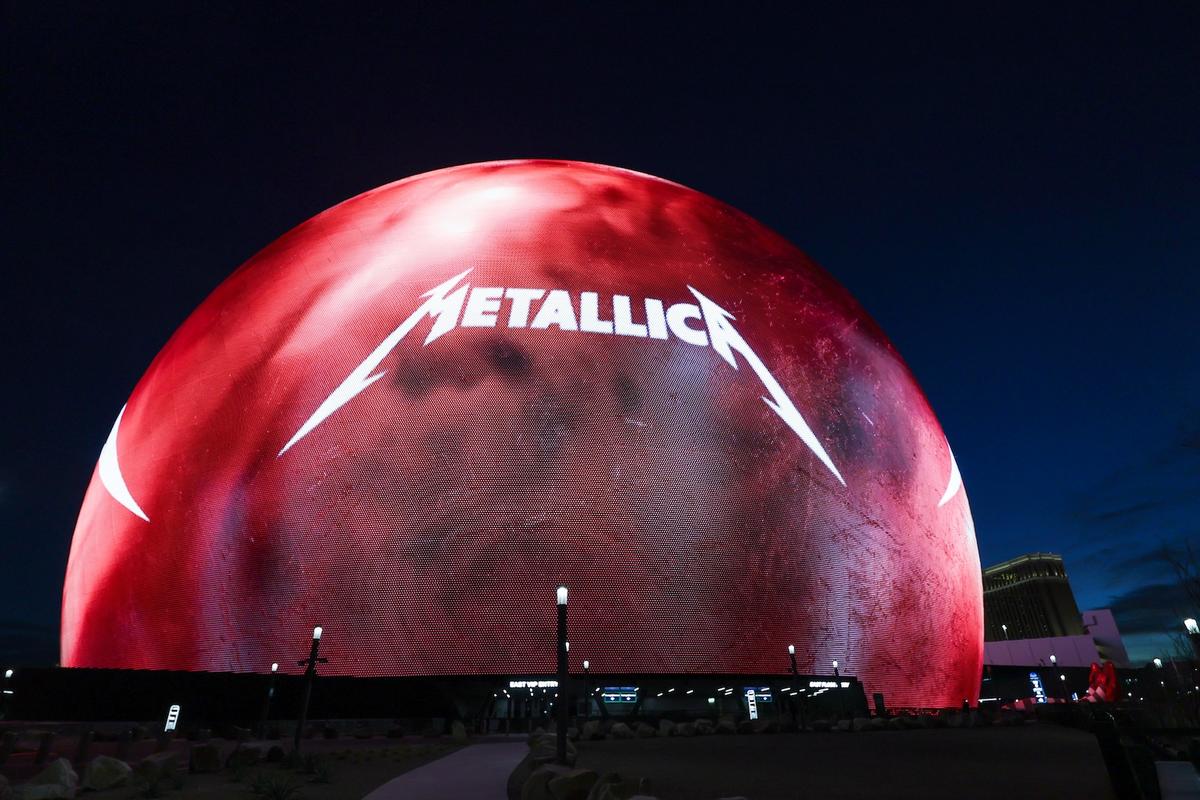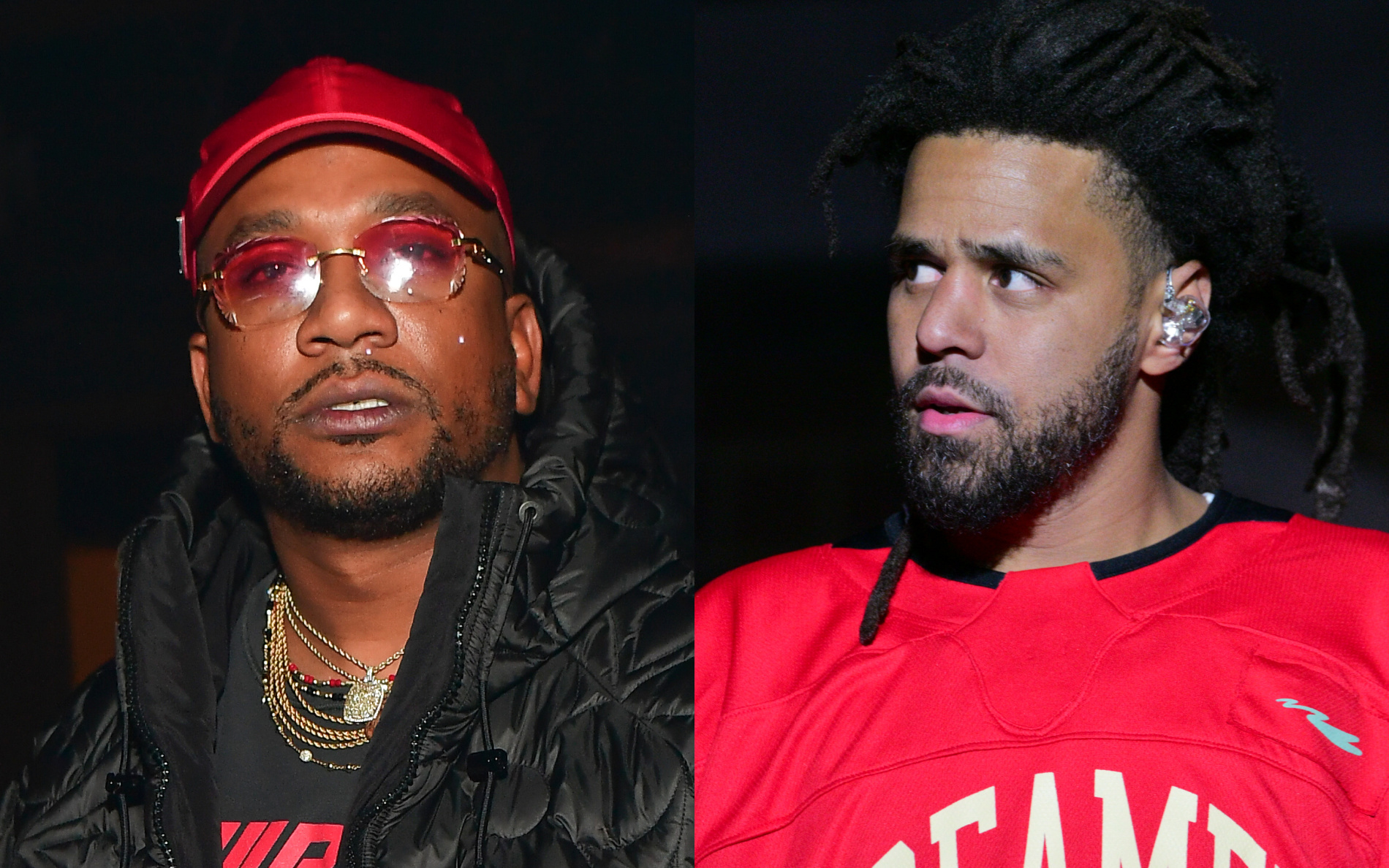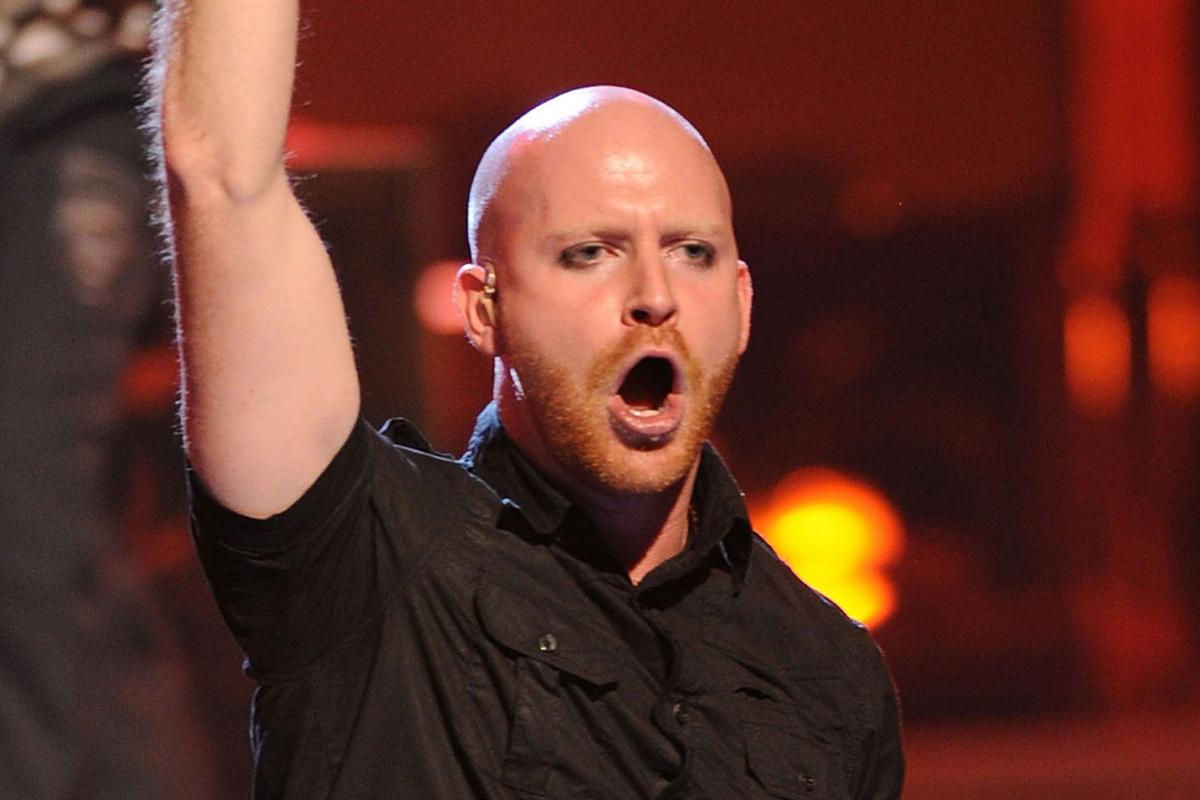Towa Bird appears in our Summer 2024 Issue with cover stars Wallows, Drain, Maya Hawke, the Linda Lindas, and Winnetka Bowling League. Head to the AP Shop to grab a copy.
With a handful of songs about sapphic love on the airwaves, Towa Bird’s debut album breaks the mold. American Hero is an unapologetic look at Bird herself. Taking everything life has thrown at her, from first loves and first times to the feeling of not belonging, Bird encompasses all of those experiences to the tune of her guitar. Doing what she does best, she bares it all, by giving us something so authentically her.
From the age of 12, music has been Bird’s life. Picking up the guitar and immediately making the instrument her own, she started playing live gigs in Hong Kong dives with her band the Glass Onions by age 14. This turned out to be the perfect training ground for a young musician, but it didn’t do much to satisfy the need to perform, to do more, and to experience more. So, while in university, she made a deal with her mother — one year, to make this tangible. One year, to give it her all — and it’s paid off.
Read more: 20 greatest punk-rock guitarists of all time
With American Hero, Bird has poured her soul into something so special, and so vulnerable, that it feels as though we’re getting a first-hand look into her diary. Including songs that illustrate the pain of unrequited love (“Sorry Sorry”), visceral, in-your-face-anthems (“B.I.L.L.S.”), and quiet intimacy (“A Party”), the tracklist ushers you through an entire love story coupled with incredible instrumentals.
Reflecting on the process of making her debut album, Bird discusses when she first fell in love with music, how she’s grown into the musician she is today, and the origins of the American Hero album title.
You’ve been making music since the age of 12. How would you say you’ve evolved as an artist and as a person?
Well, hopefully, I’ve evolved since 12. [Laughs.] From that point, I started my first-ever band — the Glass Onions. That’s when I started to get a taste of what it could be like around other musicians and also playing live for the first time in Hong Kong. We played terrible shows. But I was only 14 or 15. Then I moved to the U.K. I went to Goldsmiths for music, and after two years of hard, hard studying, I dropped out. I was like, “OK, if I’m gonna study music, whilst also being on tour for the first time, and playing guitars for other people, writing for other people, it’s starting to feel redundant.” I was studying how to do it whilst also doing it. I finally decided to put all of my eggs into one basket and fully go 100% on this, and, hopefully, things will work out. I made a deal with my mom. We agreed to give myself a year to make this a tangible career. If not, then I’ll go back to school and finish my degree. Within that year, I had already started my project, and I was lucky enough to sign with Interscope.
When did you first fall in love with music? Do you have any songs that altered your brain chemistry?
I got into music through my family. I have an older sister, and my dad is also really into music. My dad showed me all the early classic-rock records, like Hendrix, the Beatles, the Who, and Pink Floyd. I have very vivid memories of driving around in his Honda and listening to those on the way to school. I remember my sister was going through her “scene” phase. She introduced me to Avril Lavigne, Fall Out Boy, and My Chemical Romance. All those things meshed and created me before I started playing guitar.
Then obviously, both of those two genres are very guitar-centric. Once I started playing, I started listening to alternative rock — the Strokes, Blur, the Vaccines, and Kasabian. It was a mixture of all of those things. But in terms of specific songs and albums, I think that the Beatles are the best band in the world. I know that’s a massive cliche, but I don’t really give a fuck. [Laughs.] Abbey Road is one of my favorite albums of all time. I think it’s almost perfect, perhaps perfect. Also, Jimi Hendrix’s Are You Experienced was a very formative album. I remember listening to Park Life by Blur, too, and I was just like, “Wow, I want to be able to write this.”
I think you have. Can you talk a little bit about how American Hero came to be? How long has this album been in the works?
I’ve been working on this for about two years. Which is not long, but also feels incredibly long. I always knew that I wanted my first project, my first studio project in the world, to be a full album. Listening to Abbey Road, it’s supposed to be listened to [in full]. I wanted my album to feel like that. This debut is, for me, an introduction to who I am as a person. I hope that people can see that. There are some tender and vulnerable soft moments. There are some more funny, silly, tongue-in-cheek songs. There are also some aggressive and visceral songs. Another thing that was important to me was coming from that live background growing up in bands in Hong Kong and being in gross rehearsal rooms with boys. I wanted to retain that live sensibility in the studio recording so that when people listen to the songs, [they] feel invited to my live shows.

There are big themes throughout American Hero, touching on sapphic and queer love, loneliness, and anti-capitalism. What are your hopes for people who are listening to the album for the first time? What do you want them to take away?
I want people to be able to have fun. I’m pushing the tempo very hard in this album. There are a lot of really fast songs. The first song I released on this project, “Wild Heart,” has a ridiculous tempo — something like 190 beats per minute.
Oh, my God!
I know, I’m every single drummer’s nightmare. [Laughs.] But I want to excite that live sensibility. I want people to dance and have fun and feel like they want a mosh pit and push their friends around. I also want people to be able to listen to some of the more intimate songs and feel as though their feelings about the world have been represented through those songs.
What was the first concert you went to that evoked those feelings in you?
I saw Avril Lavigne when I was really young. I also met her. Obviously, her first couple of records were outstanding, formative, and helped shape the culture.
Just right in the sweet spot. Can you talk about the title of the album and why you decided on American Hero? Was that always going to be the name?
The name is entirely satirical. I mean, I was at the U.S. Embassy this morning being like, “Please renew my visa.” I have no American lineage or heritage. But I started this project through the transition of moving from London to the U.S. and, culturally, trying to become fluent and learning how to communicate with people. Even though everyone’s speaking in English, people speak to each other quite differently. There’s a different sense of humor. That was a big part of it.
Also feeling like a non-U.S. citizen, which is made quite clear to me in the States. It was, for me, funny to hold that title, as an immigrant. When I think of an American hero, I think of a 6-foot-4, blue-eyed, blond-haired macho, masculine, cis, straight man. And that is, obviously, everything that I embody. [Laughs.] When I think of heroism, I think of a very masculine presence. There are a lot of songs on this album where I’m being incredibly vulnerable, sharing parts of myself that I haven’t necessarily shared with some of my closest friends. So, instead of that tough exterior, I’m presenting you with this new sense of heroism, which is openness, vulnerability, honesty, and real rawness.
As your star continues to rise, how accustomed are you to fame? And what has been the strangest thing about fame for you? How do you cope?
Oh wow, that’s a great question. There’s a part of humaneness where people love to be recognized for their work. For me, I really care about people connecting with the music at the end of the day. People who feel represented by me as an artist, and by the music, that’s the reason I’m doing this. “This Isn’t Me” is my first-ever encounter with that kind of overstimulation, being in a space that feels so distant from my upbringing. I’ve met people who have grown up in LA and can navigate those spaces with a certain fluency — that’s not me. It’s so glamorous and glitzy, but sometimes I feel so empty inside and feel so alone and afraid. But as things have progressed, I’ve done more carpets and more public-facing events in the last nine months. I think I’m developing a thicker skin for it, and I’m able to find some calmness in myself.
What does it mean to you to see so many people connecting with your music? Do you have a memorable fan interaction that sticks out to you?
I’m always so excited when I meet Filipino lesbians. [Laughs.] As a gay Asian, I feel like I, and most Filipino people, can relate to growing up quite Catholic. I think to break through and be so open and visceral about [queerness], it feels special to be able to represent both of those communities and that specific intersection. There was one interaction that I had last year at a show where a young teenager, she might have been 16 or 17, came up to me. She had come to the show with her mom, and she was crying. We were talking, and she was explaining to me that, halfway through my set, she had come out to her mom at the show. It was a powerful moment to suddenly be part of her story in a way and be in that moment. I will remember that interaction very clearly for a while.
How would you describe American Hero in your own words?
Oh, my gosh, it’s sharing parts of myself that no one has heard before. It’s Towa 101 — you get to see all these different facets of me. I hope people hear it and feel like it’s a ticket to a show. And also… gay music!


